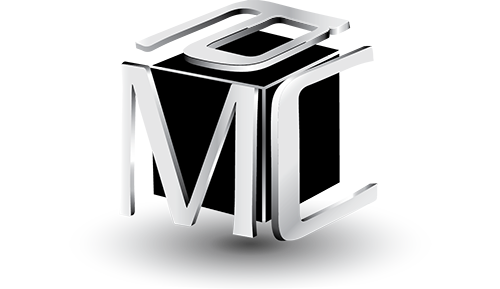
Through People


Yes, generations differ. However, I don’t think that all the hype about Millennials and the differences between generations is all that helpful or meaningful.
The Hype: The cited differences between generations are often quite small and the wide range of individual differences within a generation are often ignored; the distributions overlap and the average of a group tells just part of the story. Those born at the ends of the generation groups are significantly different and actually more like the prior or next cohort. In additional, much of the research is based on differences in concepts like traits, attitudes and motives that predict little when it comes to the world of work. Figuring out what to do specifically about an individual or a small part of your workforce on things that are nebulous isn’t of much use.
The Paradox: What organizations need to do in response to the highlighted generational differences turns out to be the same from one decade to the next. That’s because what it takes to create a successful career and the competencies required to be successful have not changed significantly. Therein lies the paradox.
Successful people exhibit a similar set of strategic, operational, positioning, interpersonal and personal skills across generations (and across cultures.) They develop those capabilities by navigating a range of diverse and challenging experiences from which they build a repertoire of behaviors. Values may differ across generations but the behaviors that make a difference at work have not.
So what’s an organization to do? The most effective practices for Millennials are what high-performing organizations have been doing all along, no matter the generation:
What generation would not be excited by an organization like that? If the Millennial Hype gets organizations to focus on something that’s more sustainable, then maybe its worth it.